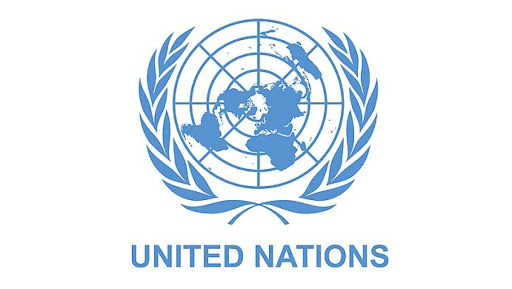NEW DELHI: In a dramatic contradiction of his own earlier narrative, former US President Donald Trump’s latest outburst against India—accusing it of unfair trade practices—has cast serious doubt on his repeated claims of using trade pressure to broker a ceasefire in Operation Sindoor, India’s military offensive against Pakistan.
Trump’s post on Truth Social on Wednesday, where he railed against India for allegedly not reducing tariffs on American goods, sharply undercut his previous assertion that New Delhi halted its military operations on May 10 under pressure from Washington, following his threat to suspend trade ties.
Trump vs Trump: A Contradictory Narrative
For weeks, Trump had maintained that he forced India to the negotiation table by threatening to block trade access—a claim he used to portray himself as a dealmaker who brought India and Pakistan back from the brink. However, his fresh complaint that “India has done nothing on trade” not only contradicts his own timeline, but also exposes inconsistencies in his narrative.
Modi Government Refutes Mediation Claims
The timing of Trump’s outburst is especially significant: it came just as both Houses of India’s Parliament wrapped up a debate on Operation Sindoor, during which Trump’s claimed role featured prominently.
On Tuesday, Prime Minister Narendra Modi firmly rejected any suggestion that foreign leaders, including Trump, had influenced India’s military decisions. Modi insisted that it was the “intensity and precision of Indian Air Force strikes” that compelled Pakistan to seek de-escalation—not external mediation.
This was among the strongest public rejections of Trump's claim, signaling that India would not tolerate attempts to spin its strategic decisions into diplomatic bargaining chips.
Jaishankar, Misri Push Back with Facts
Backing the PM, External Affairs Minister S. Jaishankar went further. On both Tuesday and Wednesday, he stated categorically that Modi and Trump had no communication between April 22 and June 16. This directly challenges Trump’s claim of brokering a ceasefire on or before May 10.
To reinforce the Indian government’s position, Foreign Secretary Vikram Misri was directed to release details of the Modi-Trump phone conversation that did happen on June 16—more than a month after the alleged ceasefire—where Modi is understood to have rebutted Trump's assertion of having mediated the conflict.
No Trade-Off for Ceasefire, Says India
India has also consistently denied any quid pro quo involving trade and the decision to halt military action. Officials argue that the timing of the ceasefire was determined by military objectives and strategic calculations—not diplomatic coercion.
Trump’s narrative had painted India as a nation that could be pressured into submission with threats of economic isolation. But his recent criticism—accusing India of being uncooperative on trade—reveals that no such leverage or trade deal materialized, raising doubts about whether it was ever on the table in the first place.
Conclusion: Diplomatic Embellishment or Strategic Misfire?
Trump’s latest comments not only weaken his own credibility but also provide India with a diplomatic opening to reinforce its image as a sovereign actor that resists external pressure. His public contradictions may also dent his standing among those who believed he had played a decisive role in the subcontinent's de-escalation.
As the debate over Operation Sindoor continues, what emerges clearly is that India’s ceasefire decision was likely driven by strategic outcomes—not presidential posturing.




